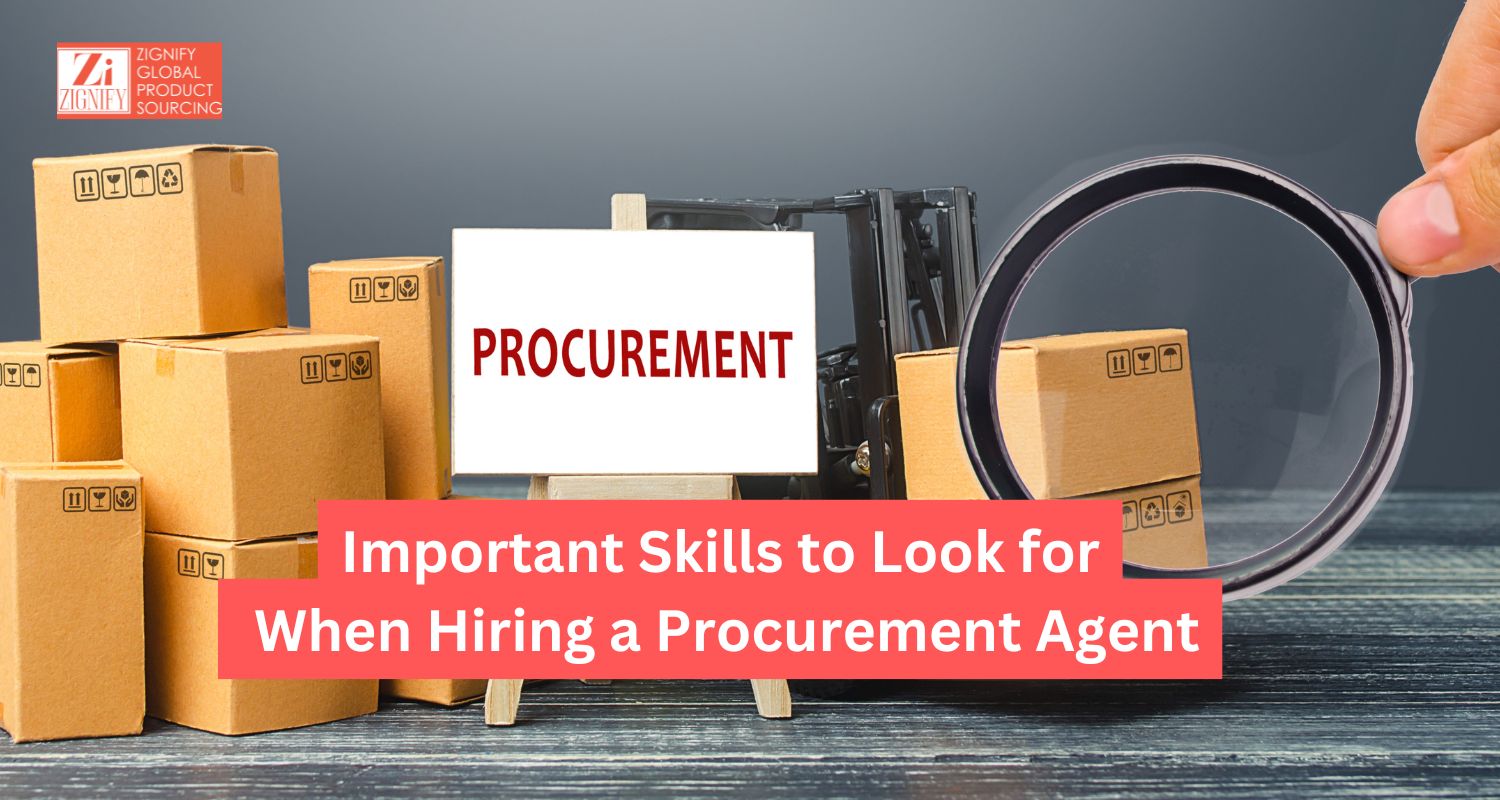Expand your Market Globally with Logistics
Imagine your business growing beyond borders, reaching customers all over the world. Sounds exciting, right? But expanding globally isn’t easy. Here is how you use advanced logistic solutions to make it easier.
Logistics is all about moving goods from one place to another, which plays a huge role in helping businesses enter new markets. Advanced logistic solutions will help you overcome challenges and succeed globally.
The Importance of Logistics When Expanding Globally
Logistics plays a core role in any business’s success, but its importance should be considered when you first start on your global market expansion endeavors. The main point of Logistics is about getting your products from point A to point B in the most efficient way possible.
Expanding globally means dealing with a host of new challenges, such as dealing with different customs regulations, managing longer shipping times, and coordinating with multiple suppliers and distribution centers across various countries.
Logistics is important when expanding globally because:
- Saves your time and your money on freight forwarding.
- Easily integrable with your product needs.
- Logistic companies know how to deal with customs more easily.
- Helps you expand your partnerships with other companies in other countries.
- Faster and more reliable deliveries enhance the customer experience.
Advanced Logistic Solutions for Your Business
Use Advanced logistic solutions and Zignify Global Product Sourcing to improve the efficiency and reliability of logistics operations. Solutions as such come with a range of tools and strategies designed to optimize every aspect of the supply chain.
Types of Advanced Logistic Solutions:
- Automation: using automated warehousing to automate systems for picking, packing, and inventory management.
- Real-Time Tracking: Use GPS tracking to monitor the location of shipments in real-time and RFID technology for precise inventory tracking.
- Smart Inventory Systems: Use predictive analytics to forecast demand and optimize stock levels, and just-in-time inventory to reduce storage costs by receiving goods only as needed for production or sales.
Benefits of Using Advanced Logistic Solutions:
- Automation: Faster processing, reduces your labor costs.
- Real-Time Tracking: Increases visibility and improves the accuracy of your inventory’s data.
- Smart Inventory: optimizes stock levels and reduces costs.
Here are a few challenges you might run into when entering the Global Logistics market. Once you and your business adjust to these challenges, everything else should become smooth.
Key Challenges in Global Logistics:
- Each country has its own customs regulations that have unique import/export rules.
- Adapting to cultural differences because every country’s market is different and the needs of the consumer differs as well.
- Coordinating multiple modes of transport over longer distances can be difficult to manage.
- Managing multiple supply chains with different suppliers and warehouses spread across the globe can be complicated at times.
Properly Using Technology in Logistics
Technology is transforming logistics like many other aspects of our lives, making global market expansion more achievable. Use modern tech to simplify your business’s operations and improve efficiency.
Technologies that Enhance Logistics:
- IoT (Internet of Things): Monitors shipment locations and conditions with real-time tracking, and uses IoT devices for predictive maintenance to reduce downtime.
- AI (Artificial Intelligence): AI algorithms help optimize routes to find the most efficient delivery routes, predict product demand, and help you better manage your inventory.
- Blockchain: Blockchain secures transactions to make everything more transparent and increases the traceability of tracking your goods through the supply chain.
Optimize Your Supply Chain for International Markets
Imagine your products reaching global customers faster, cheaper, and with fewer hiccups along the way. Sounds like a dream, right? Make that dream a reality by optimizing your supply chain for international markets, ensuring simple and efficient operations no matter where your customers are.
Strategies for Supply Chain Optimization:
- Use real-time data to track inventory and shipments, and collaborative platforms to share information with suppliers and partners for better coordination and improved visibility.
- Make sure to use just-in-time inventory for lean inventory to reduce storage costs, and use automated systems for efficient warehousing to ensure faster processing and reduced errors.
- Use demand forecasting to predict customer demand and maintain optimal inventory levels, and performance monitoring to analyze supply chain performance and address inefficiencies.
Benefits of Supply Chain Optimization:
- Reduced Costs: Lower storage and freight forwarding costs.
- Faster Delivery: Quicker turnaround times improve customer satisfaction.
- Better Coordination: Improved visibility and communication with partners.
- Peace of Mind: A solid supply chain system allows you to get better sleep at night.
Some Risks to Consider in Global Logistics
Some of the complexities of global logistics can be a pain, but optimizing your supply chain is very important for the success of your expansion into international markets. Here are a few things you can consider before going forward.
Common Risks in Global Logistics:
- Political changes can disrupt supply chains.
- Events like earthquakes and floods can delay shipments, especially in Japan.
- Regulation changes can pose challenges when distributing your product across the border to other countries.
Here are Some Risk Management Strategies:
- Conduct Thorough Research: Use market analysis to understand the political and economic environment of new markets, and regulatory compliance to stay updated on regulations and avoid legal issues.
- Develop Backup Plans: Plan alternative shipping routes to handle disruptions, and identify backup suppliers to ensure continuity.
- Use Insurance: Use cargo insurance to protect against potential losses due to damaged or lost goods, and liability insurance to cover risks associated with legal and regulatory issues.
Effective risk management helps your business handle unexpected disruptions, avoid financial losses, and maintain reliable service. Your main goal is to make money, make your operations more smooth, and keep your customers satisfied right? Here are some core benefits of effective risk management.
Benefits of Effective Risk Management:
- Being better prepared to handle disruptions and issues that might come up, saves you time AND money in the long run.
- Keeps you proactive to lead to more informed and strategic decisions for your business.
- Maintain consistent service levels and maintain customer loyalty even during hard times.
How to Use Advanced Logistics for Saving Money and Being More Efficient
Step-by-Step Guide
- Optimize Your Transport Routes
- Step 1: Use route planning software to map out the most efficient paths.
- Step 2: Analyze traffic patterns and delivery schedules to avoid delays.
- Step 3: Regularly update routes based on real-time data to maintain efficiency.
- Allocate Resources Efficiently
- Step 1: Implement logistics software to monitor inventory and personnel needs.
- Step 2: Use predictive analytics to predict demand and allocate resources accordingly.
- Step 3: Train your staff to use these systems effectively for optimal resource management.
- Supply Chain Management Integration
- Step 1: Adopt supply chain management software that integrates all parts of the supply chain.
- Step 2: Make sure communication is clear between suppliers, manufacturers, and distributors throughout the system.
- Step 3: Constantly monitor and adjust the supply chain process to adapt to market changes and customer demands.
Tips You Can Use for Your Business
Careful planning is important for expanding your product globally and helping you create an empire. Regardless of the route you decide to take going forward, here are some tips to get you started:
Detailed Tips:
- Conduct thorough market research to understand customer needs and regulatory requirements.
- Choose logistics partners with a strong local presence and expertise.
- Use tools like real-time tracking, automated warehousing, and AI for route optimization.
- Plan ahead and identify potential risks and develop backup plans for different scenarios.
- Be flexible and continuously monitor and adjust your strategies to respond to changing market conditions.
Your Next Steps in Global Expansion
Expanding your business globally might seem a bit scary, but advanced logistic solutions can simplify the process. Using technology to streamline your supply chain, and managing risks, make entering new markets easier and more profitable.
With careful planning and the right tools, global expansion can become a rewarding venture. Use these advanced solutions to stay ahead of the competition and meet the needs of your global customers. Smart logistics is your key to international success.




